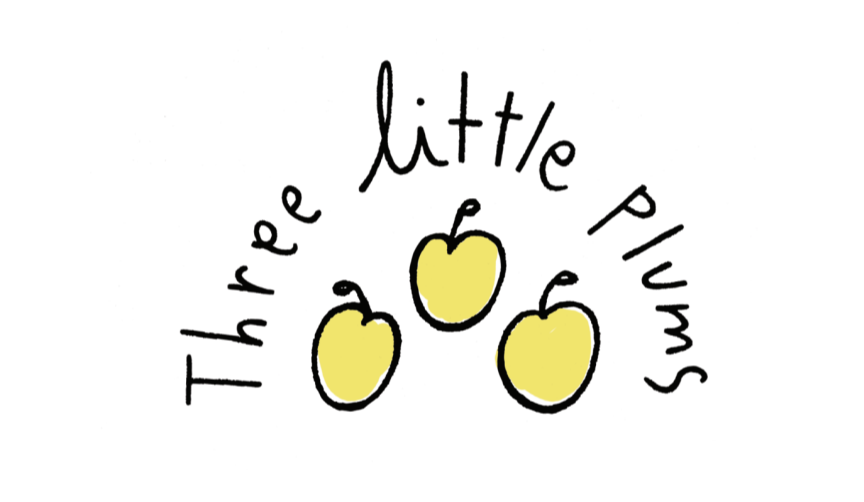Relax To Reduce Harmful Effects of Toxic Chemicals
A new article published in the Environmental Health Perspectives and brought to my attention by Dr Alan Greene’s blog , talks about an emerging issue in Children’s Health Research: How stress and pollution interact and how stress can potentially increase the impacts of chemical exposures on our bodies.
How Does Stress Affects Us?
When stress becomes chronic (too prolonged, too severe or too frequent) the immune system is affected (it can even shut down) in ways that may increase the impact of chemical pollution on our bodies...it has to do with the increase of hormones that are pumped through our bodies when they are under stress.
The problem is greater when chronic stress shows up at a critical stage of development when rapid changes are taking place—like pregnancy, early childhood or adolescence—during this period, mixing stress with chemicals could have particularly worrisome and acute as well as lasting effects on a born or even unborn child.
Studies
-The article from the NIH journal Environmental Health Perspectives mentions research findings from 1998, 2005 and 2006 which all came to similar conclusions: namely that when pregnant women were exposed to prolonged stress (and thus elevated levels of cortisol in the mother) the fetal brain was negatively affected. The 2005 published investigation claimed to have "exposure to excessive cortisol in utero can disrupt early brain development by interfering with the buildup of neurons and with the maturation of synapses in some brain regions."
- The first main study was published in June 2010, and found respiratory effects of laboratory rats’ exposures to air pollution were exacerbated by stress
- Links have also been found between children living in urban populations with relatively frequent exposure to neighborhood crime and violence (and, thus, chronic stress) and exacerbation of asthma symptoms.
-New studies are being conducted to investigating whether chronic psychological stress might be a factors, enhancing a child’s vulnerability to certain chemical exposures and contributing to effects that later show up as asthma, neurodevelopmental disorders, cardiovascular disease, obesity, cancer, and other problems (the EPA gave over $7 million in grants for this purpose in 2011!)
THE GOOD NEWS?
It is primarily chronic stress that is hypothesized to increase individuals’ susceptibility to toxic chemicals...so don't worry about sweating the small stuff because, in fact, a little stress can actually be good for you. If you are exposed to chronic stress (especially if you are pregnant or have young children) try to learn how to deal or eliminate chronic stress from your life (yoga, meditation and exercise are all great ways to relieve stress).
If your New Year Resolution happens to be to live a more Non-Toxic life and have a Non-Toxic Munchkin, don't stress too much. Remember that you can't live in a non-toxic bubble so do what you can, together we can take small steps that can make a huge difference ! Happy New Years!

